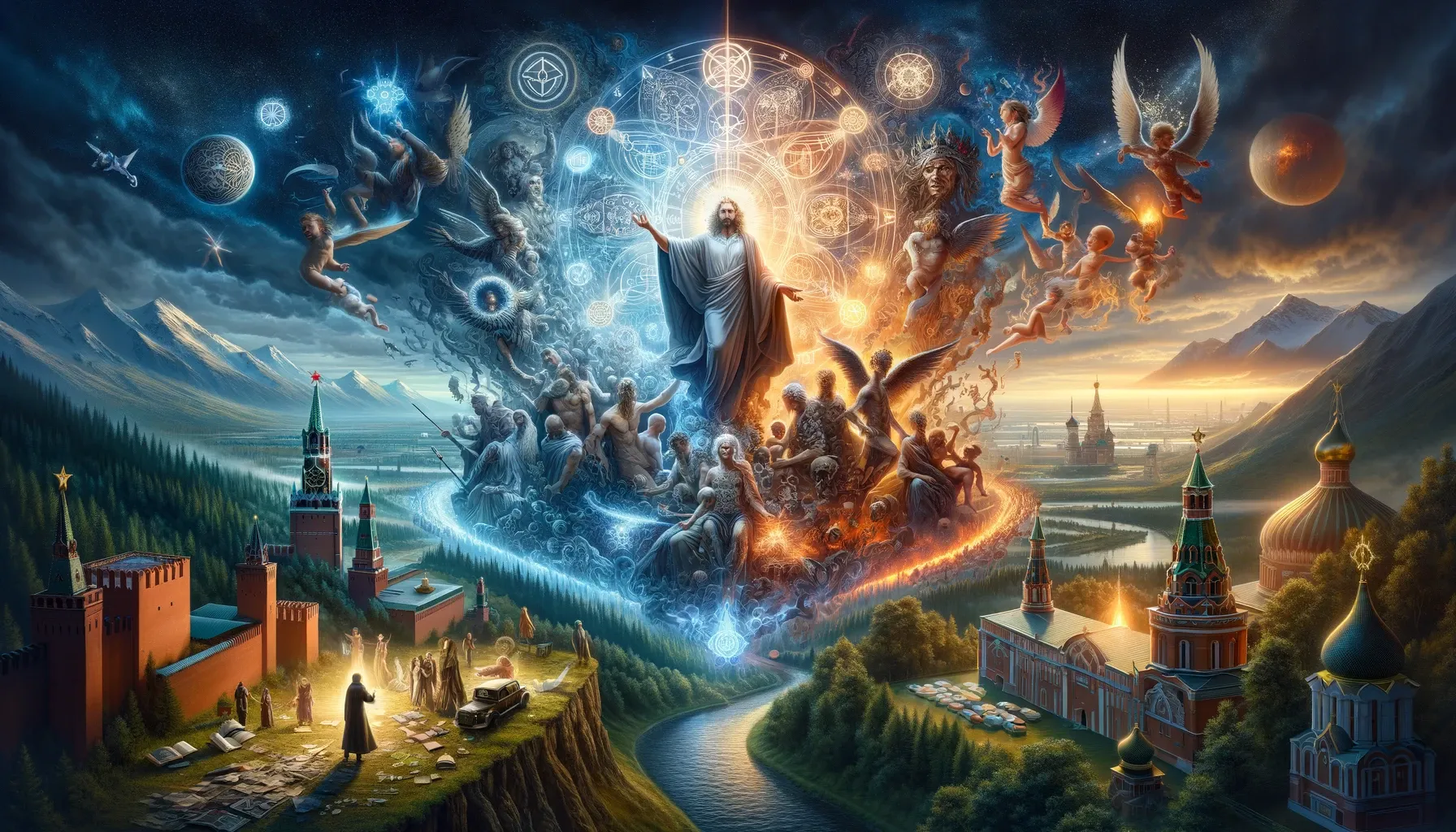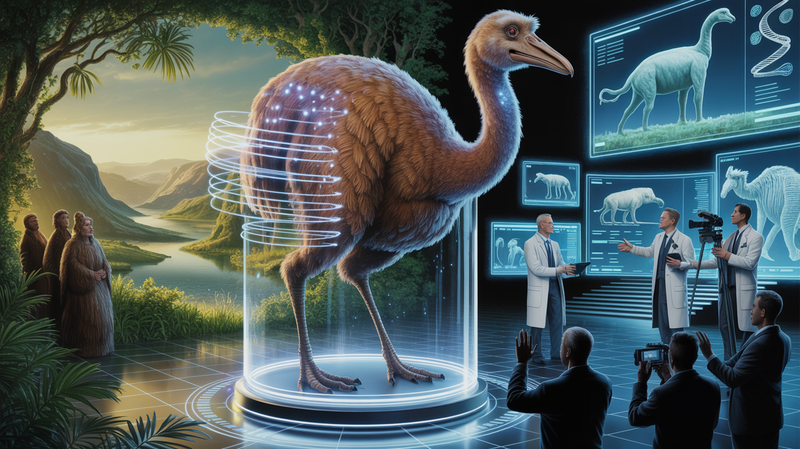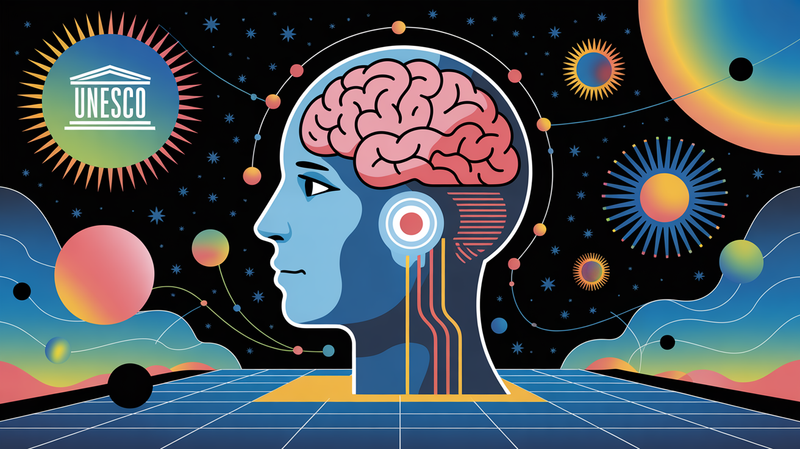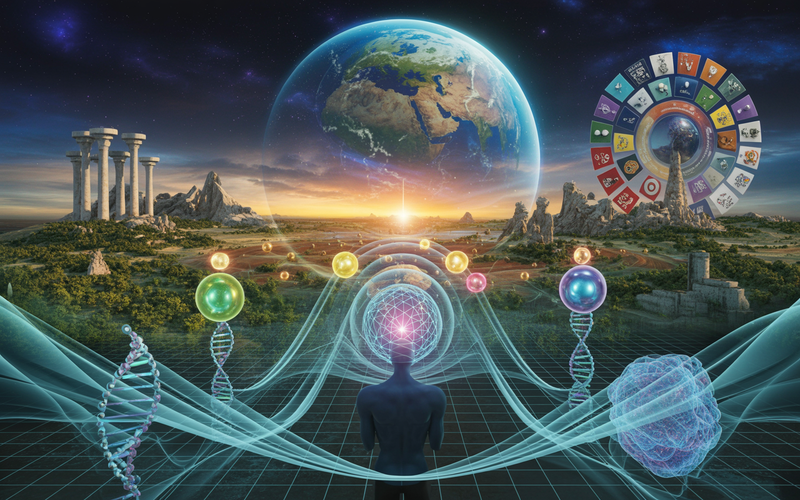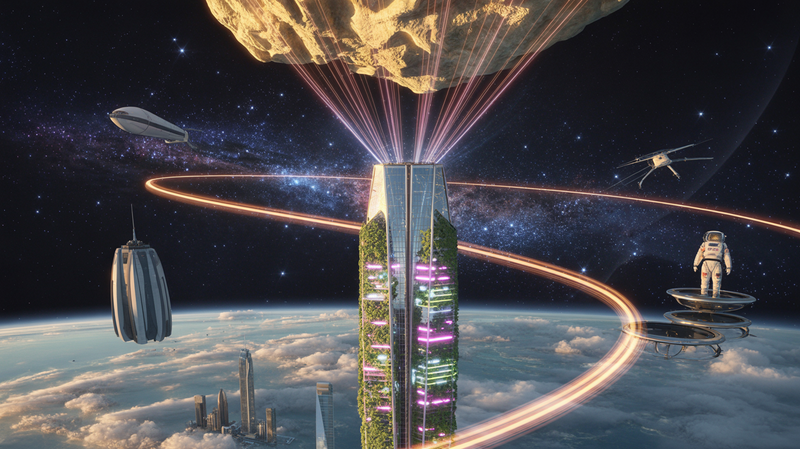The Great Awakening vs The Great Reset: A Clash of Ideologies
In recent years, Aleksandr Dugin's philosophical and political insights have garnered significant attention, especially as they intersect with contemporary global events. Michael Millerman, a prominent interpreter of Dugin's work, reviewed Dugin's 2021 book, "The Great Awakening vs The Great Reset." This review
In recent years, Aleksandr Dugin's philosophical and political insights have garnered significant attention, especially as they intersect with contemporary global events. Michael Millerman, a prominent interpreter of Dugin's work, reviewed Dugin's 2021 book, "The Great Awakening vs The Great Reset." This review provides a comprehensive analysis of the competing visions encapsulated in these two terms: the Great Reset and the Great Awakening.
The Great Reset: A Vision for Global Transformation
The Great Reset was introduced in 2020 at the World Economic Forum in Davos, advocating for a comprehensive overhaul of global systems. The initiative calls for a joint, swift action to transform societies and economies across all sectors. It envisions a global, inclusive transformation, asserting that every country and industry must participate. This broad scope aims to reinforce globalization, especially after challenges posed by events like the Trump presidency, the rise of multipolar powers such as Russia and China, and the increasing influence of Islamic nations.
Dugin critiques the Great Reset as a continuation of globalization, pushing against any resistance to globalist ideals. He foresees a future marked by intensified geopolitical tensions, where nations rejecting globalization face escalating pressure from strengthened international alliances and pervasive use of cancel culture against dissenters.
The Great Awakening: A Call for Human Preservation
Contrastingly, Dugin's concept of the Great Awakening emerges as a counter-movement to the Great Reset. It seeks to preserve humanity against the perceived dehumanizing effects of liberal globalization. Dugin links the roots of this struggle to historical philosophical debates, particularly the medieval dispute over the ontological status of universals, which eventually shaped modern liberal individualism.
For Dugin, liberalism's emphasis on individualism leads to the erosion of collective identities, such as religion, class, and eventually, gender and humanity itself. He warns that the logical extension of liberal nominalism could result in transhumanism, where even the essence of being human is questioned and potentially abolished.
Ideological and Philosophical Foundations
Dugin’s analysis extends beyond geopolitical dynamics, delving into the ideological underpinnings of the Great Reset. He argues that liberalism, having defeated its major ideological rivals—communism and fascism—now targets remaining forms of collective identity. This includes not only traditional gender roles but also the concept of humanity itself.
Drawing on his Fourth Political Theory, Dugin proposes that opposition to liberalism cannot revert to old ideologies but must forge a new path forward. This theory advocates for a return to pre-modern philosophical traditions and the recognition of civilizational multipolarity. Dugin emphasizes the need for a philosophical renaissance that draws from diverse cultural and intellectual traditions, challenging the hegemony of Western political modernity.
Education as a Battleground
One of the central tenets of Dugin's practical opposition to the Great Reset is the transformation of education. He argues that liberal ideologies permeate society through educational institutions, which in turn shape societal values and identities. To counter this, Dugin proposes the establishment of alternative educational frameworks that align with the principles of the Fourth Political Theory.
Dugin envisions a three-tiered educational model:
- Philosophical and Spiritual Education: Targeting a minority inclined towards deep intellectual and spiritual pursuits, providing access to diverse philosophical traditions.
- Warrior Education: Training individuals to fight against liberalism and Western political modernity, promoting solidarity among those who resist the unipolar world order.
- Traditional Life and Agricultural Education: Advocating for a return to traditional, self-sufficient ways of life, fostering rural communities interconnected globally.
A Global Multipolar Struggle
Dugin’s Great Awakening is not merely an ideological stance but a call to action for a multipolar resistance against global liberalism. He envisions a coalition of diverse anti-globalist movements, including Trumpists in America, populists in Europe, Islamic nations, and Russia, all united against the homogenizing forces of globalization.
In essence, Dugin’s work presents a radical critique of contemporary liberalism and globalization, proposing a profound ideological and practical resistance. His call for a Great Awakening is a plea for humanity to reclaim its essence and preserve its diverse identities in the face of an increasingly homogenizing global order.
